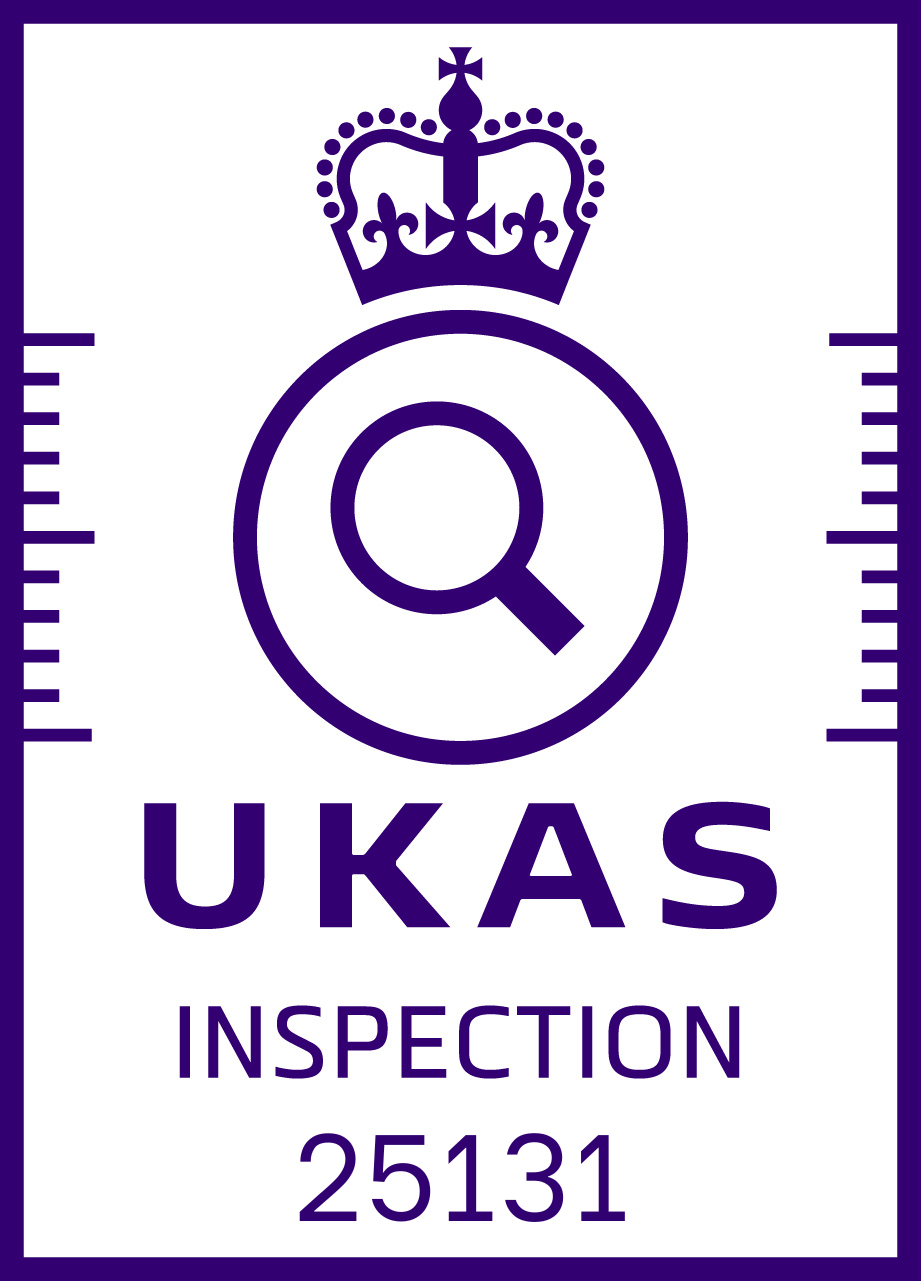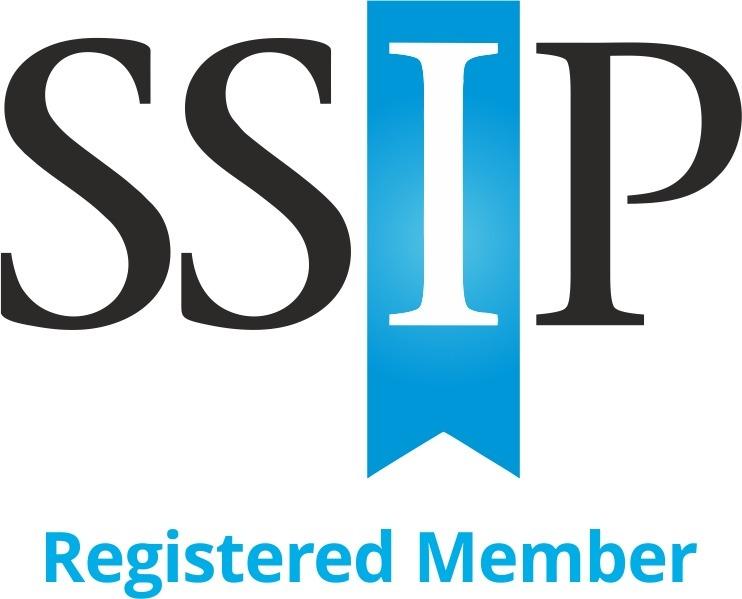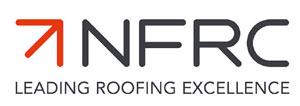As the established trade association and training body for the safety netting and temporary safety systems industry, FASET aims to always keep up to date with the latest news from the building access industry. We are pleased to share the following story about the Fifth Annual Workforce Attitudes Toward Mental Health Report, which has been published by Headspace, sharing revelatory insights into the state of workplace wellbeing in the UK.
An overwhelming amount of data from the report, which surveyed over 1,012 employees and 107 CEOs across a number of UK industries, emphasised the importance of mental health benefits in the workplace and how this can affect everything from employee retention to recruitment:
Mental health benefits continue to be a priority for businesses across all industries as HR leaders admit there is still more work to be done
- 86% of employers agree that mental health benefits are key to recruiting new talent
- Most (95%) of HR Leaders say they are likely to increase investments in social issues in the coming year
- More than three quarters of HR leaders (82%) think their companies could do more to support employee mental health
- HR (92%), CEO (92%), Employee (89%) agree that it is important for companies to do more to support employees
Employees still feel unsettled at work following unsettling years since the pandemic and employers must still do more to create a positive work environment and company culture
- 73% of HR leaders agree that there is still a lot of change at work
- HR leaders and CEOs agree that they will likely increase mental health benefits if there is a recession
- HR at companies with blue-collar employees are more likely to say they feel dread weekly
- 94% of HR leaders say they feel an increased responsibility to improve company culture to support mental health
HR leaders may feel a sense of dread at work but are not using mental health benefits as regularly as other employees
- Employees (73%) say they regularly use company mental health benefits more than HR professionals and CEOs
- More than a quarter (26%) of HR leaders say they feel a sense of dread at work at least once a week
- HR leaders who are 50 years old or younger (40%) are much more likely to say they feel dread weekly
Russell Glass, CEO at Headspace states: “Workplace mental health continues to be a top three business priority, with employees and CEOs experiencing frequent levels of stress due to market uncertainty and growing workplace pressures. In response, companies must not only ensure they have robust mental health and wellbeing programs in place, but that their leaders are tending to their own mental health, fostering open conversations with their teams, and helping to reduce stigma in the workplace.”
With NHS mental health service waitlists nearing capacity, the need for access to mental health services via employers has seen increased demand as nearly half (40%) of Brits say that having access to mental health benefits 24/7 is the most important feature on offer from employers. Whilst 86% of employers agree that mental health benefits are key to recruiting new talent, the offer is not currently on the table at every employer across the UK.
To meet this demand, earlier this year, Headspace launched International Care as part of its employer offering. The solution is designed with an emphasis on preventative care, guaranteeing employers and their staff 24/7 access to dedicated mental health professionals in under two minutes.
Image: Shutterstock









